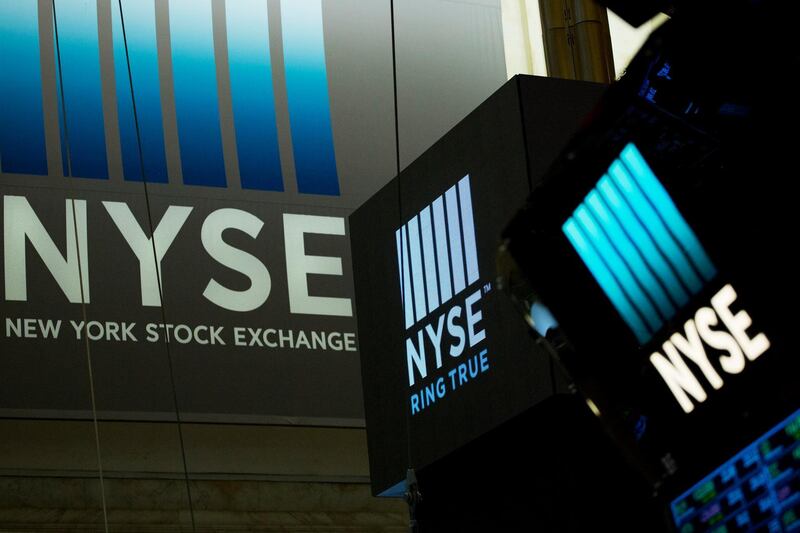The New York Stock Exchange promoted Stacey Cunningham to president, making her the first woman to be the sole head of the 226-year-old market.
Previously chief operating officer, Ms Cunningham replaces Tom Farley, who’s leaving the company, according to Josh King, a spokesman for NYSE parent Intercontinental Exchange.
NYSE’s move means two of the top three US stock exchange operators are led by women. Adena Friedman became chief executive of Nasdaq last year. For a time in the past decade, NYSE was jointly run by a woman, Catherine Kinney, but Ms Cunningham is the first not to share the president title.
_______________
Read more:
Philippines leads way on Asia-Pacific female economic participation
Omani women call time on workplace discrimination
_______________
Ms Cunningham, 43, got her first taste of NYSE in 1994, when she interned as a trader on the floor. She worked as a NYSE floor specialist for Banc of America Specialist from 1996 to 2005 before joining Nasdaq as an executive, according to her LinkedIn profile. She shifted over to NYSE in 2012, becoming COO in 2015.
The Wall Street Journal reported that Mr Farley is leaving NYSE to run a special-purpose acquisition company (SPAC) backed by Dan Loeb's Third Point. The SPAC, called Far Point, wants to raise $400 million to acquire financial-technology companies, the Journal reported, citing people familiar with the situation. Mr King declined to comment.






